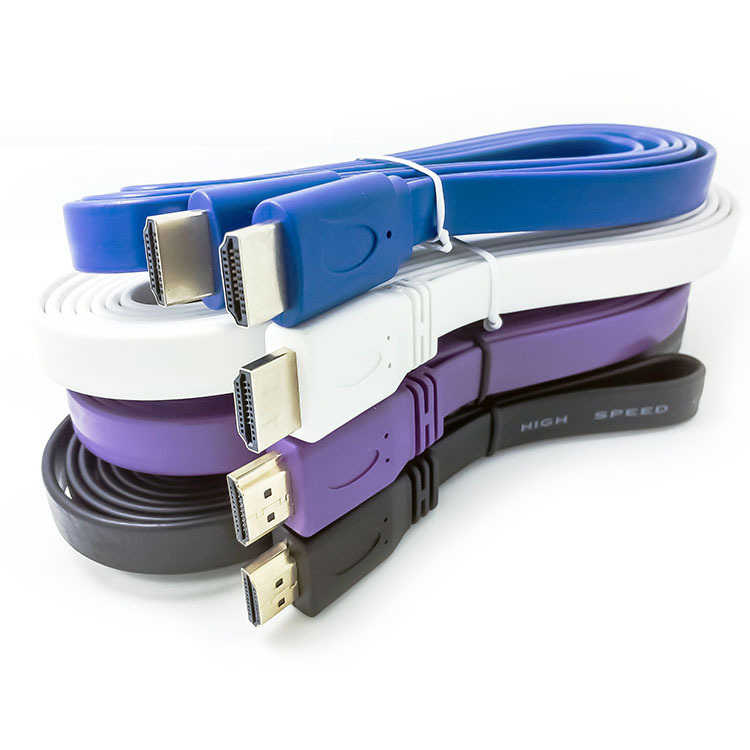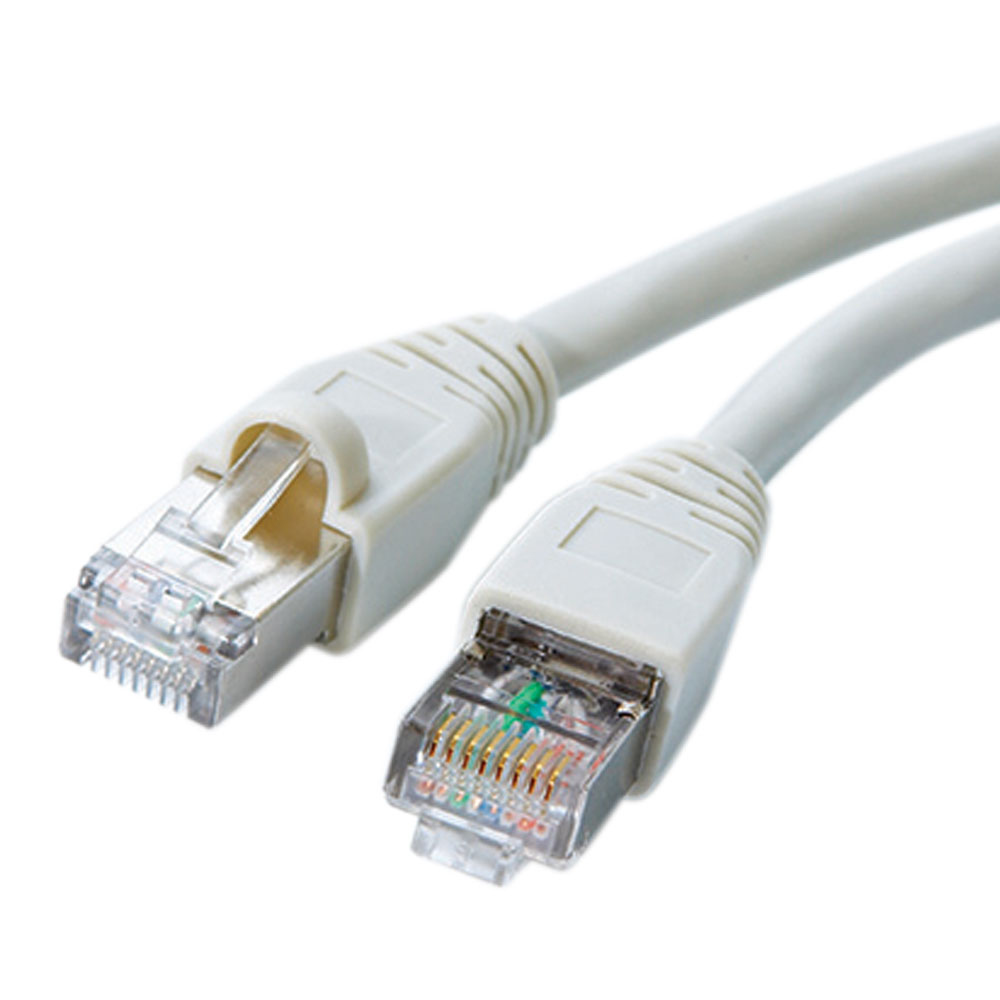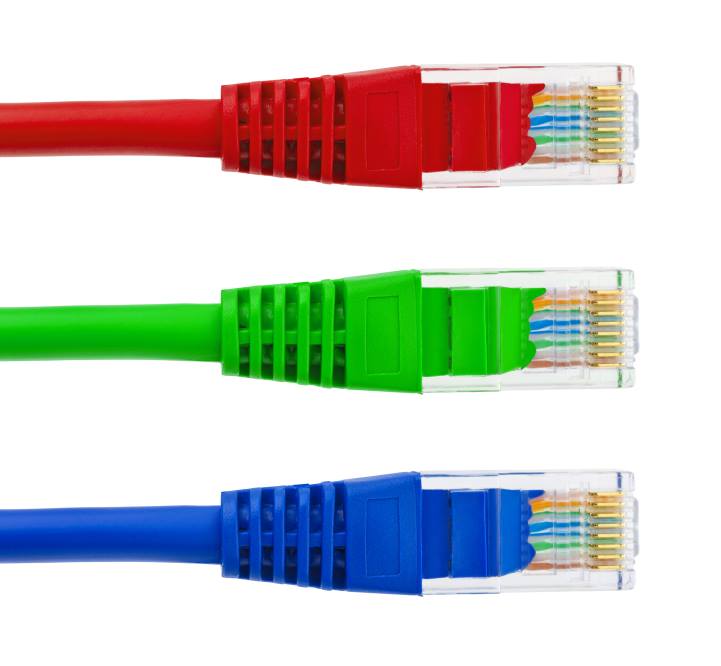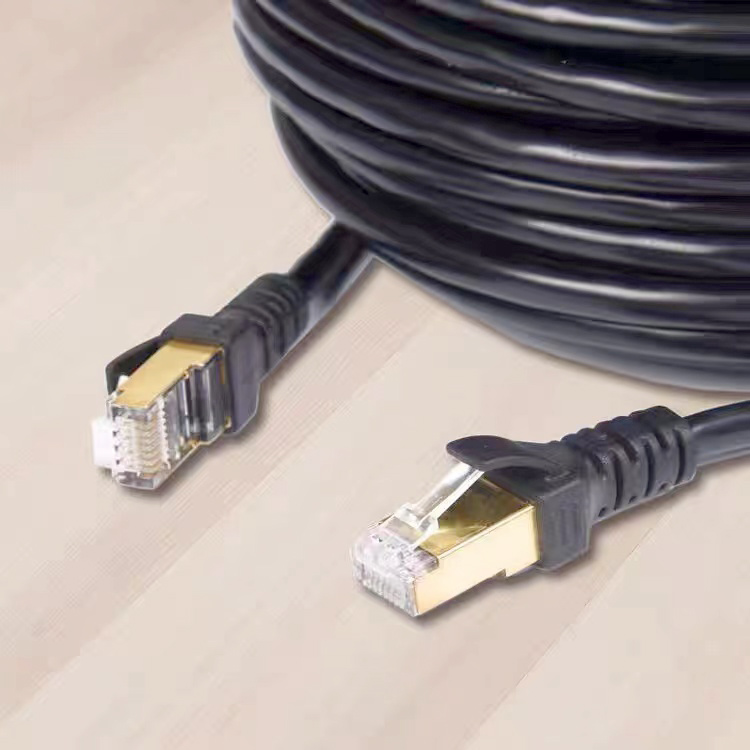The Role of Cat6 Patch Cords in Modern Data Center Infrastructure
In today’s fast-paced digital environment, data centers form the backbone of global communication, commerce, and cloud-based operations. Behind the racks of servers, switches, and storage units lies an often-overlooked yet essential component: the network cabling — specifically, the Cat6 patch cord.
What is a Cat6 Patch Cord?
Cat6 patch cord is a type of twisted pair Ethernet cable designed to support gigabit and 10-gigabit Ethernet over shorter distances (up to 55 meters for 10Gbps). Built with 23 or 24 AWG copper conductors and typically shielded or unshielded (UTP/STP), Cat6 cables offer low crosstalk, high signal integrity, and superior performance compared to Cat5e.
Why Cat6 Patch Cords are Ideal for Data Centers
High-Speed Data Transmission
Data centers require stable and fast data flow. Cat6 patch cords support up to 250 MHz bandwidth and are capable of transmitting up to 10Gbps, making them perfect for connecting switches, routers, servers, and storage systems.
Reduced Crosstalk and Signal Interference
Cat6 cables feature tighter twists and better shielding options, significantly minimizing alien crosstalk (AXT) and electromagnetic interference (EMI), which are common in high-density environments like data centers.
Structured Cabling & Scalability
In modern rack systems and patch panels, Cat6 patch cords enable neat, organized cable management and help ensure consistent performance across the entire infrastructure. This structured approach allows for easier troubleshooting, upgrades, and scalability.
Reliable Performance in High-Traffic Networks
With increasing demand from virtualization, cloud computing, and large-scale data transfers, data centers depend on Cat6 patch cords to maintain reliable, uninterrupted communication between key equipment.
Common Applications of Cat6 Patch Cords in Data Centers
Connecting servers to top-of-rack (ToR) switches
Linking network switches to patch panels
Interconnecting firewalls, load balancers, and routers
Temporary re-routing during system upgrades or troubleshooting
Deploying in high-performance computing (HPC) clusters
How to choose Cat6 Patch Cord?
When selecting patch cords for data center use, consider the following:
Length precision (to avoid slack or stretching)
Snagless boot design (for durability during frequent moves)
Pure copper conductors (not CCA)
LSZH jacket (for fire safety in enclosed environments)
Color coding (for clear organization)
While advanced hardware and intelligent systems often take center stage in discussions about data center technology, the humble Cat6 patch cord quietly plays a critical role in ensuring that everything runs smoothly. Its balance of speed, reliability, and affordability makes it a staple in any modern networking environment — especially in the mission-critical settings of today’s data centers.
 High-Quality HDMI Cable — Clear Picture, Real Connection
High-Quality HDMI Cable — Clear Picture, Real Connection
 Stay Connected, Stay Efficient: The Role of RJ45 Network Patch Cables in Our Daily Lives
Stay Connected, Stay Efficient: The Role of RJ45 Network Patch Cables in Our Daily Lives
 Cat6e Ethernet Cable – A Strong Link for Modern Life
Cat6e Ethernet Cable – A Strong Link for Modern Life
 Stay Ahead with Cat7 Ethernet Cables
Stay Ahead with Cat7 Ethernet Cables

